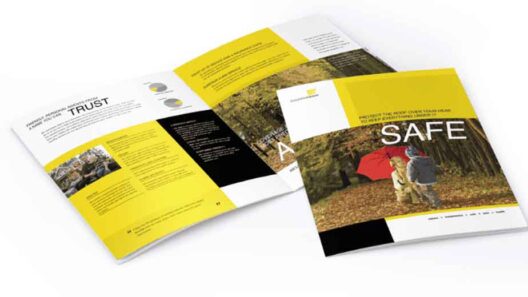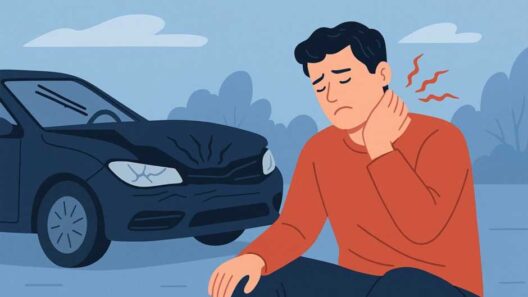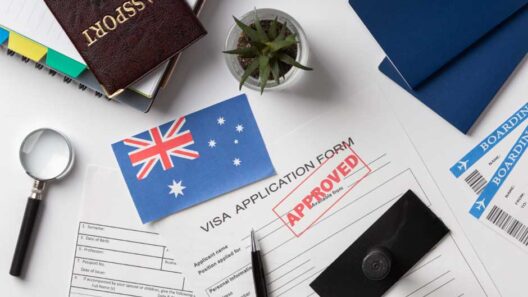These road regulations protect everyone. You must obey the law whether you are a new motorist, an experienced driver, or a goods driver. Driving legally, within speed limits, and not intoxicated or high are required. You must also ensure your automobile is secure, insured, and taxed. Breaking these restrictions might result in penalties, licence points, or loss. Following traffic laws protects you and others. Learn these vital principles and drive safely on UK roads with these simple steps.
Basic Legal Requirements To Drive In The UK:
Driving correctly in the UK requires a few simple principles. You need a valid driver’s license. Non-UK residents can use foreign licenses. At the same time, a commercial driver medical exam may be necessary for certain drivers. If you follow these regulations, you won’t get penalised or lose your licence, and everyone will be safer. All UK drivers must observe these simple laws.
Licensing Rules:
Driving in the UK requires a licence. New drivers must initially get a temporary licence. You must be 17 to acquire this pass. Those with provisional licenses can practice driving with a professional trainer or a driver over 21 with at least three years of experience.
You’ll earn a complete licence after passing the written and driving examinations. Foreign tourists can use their legal licence for a short time, but they may require UK permission to remain longer. To be safe on UK roads, always carry your pass and update it if your information changes.
Driving Tests In The UK:
The UK requires two primary examinations for a complete driving licence. These are the driving and theory tests. The safety, road regulations and signage theory test assesses knowledge. It also requires road risk detection. Schedule your practice test after completing the theoretical test.
Driving in real traffic, including stopping and turning, is tested in the practice exam. Safety and road sign-following will also be assessed. If you pass both exams, you can drive alone. If you fail, try again but study hard. These assessments ensure UK drivers are safe and knowledgeable.
Vehicle Requirements:
The UK requires cars to fulfil specific requirements before they may be driven. To be safe to drive any car more than three years old needs a current MOT certificate. Make sure your car is insured and tax paid before using public roads. To keep everyone safe, brakes, lights, tires, and mirrors have to be in good shape.
The automobile needs a license plate and comfortable seats for everyone. Maintaining it can prevent breakdowns and crashes. By following these automobile regulations, you and others will be safer and you will avoid fines and police punishment. Check your automobile before driving every time to be legal and safe.
Health Requirements For Drivers:
Driving safely in the UK requires strength. Epilepsy, heart, and sight disorders all make driving difficult. The DVLA wants to know about your health issues. They will inform you if you can drive or if your licence should be revoked.
To acquire the position, you must read license plates from 20 meters away. Health changes must be reported to the DVLA immediately. Driving while unwell or in treatment is risky and unlawful. Being honest about your health while driving protects you and others.
Special Requirements For Commercial Drivers:
UK truck drivers must observe extra road safety standards. A CPC (Certificate of Professional Competence) is required along with a truck or bus driver’s licence. Drivers must fulfil tighter medical criteria and obtain frequent examinations to drive long hours safely.
They can only drive so many hours each day and week to avoid fatigue. These are drivers’ hours legislation. Commercial autos must meet safety and repair standards. These added requirements safeguard drivers, clients, and other road users by encouraging safe and responsible business driving.
Safety And Legal Compliance Tips:
Keep everyone in the car buckled to keep safe and respect UK law. Drive safely and slow down in bad weather or on bad roads. Drunk, inebriated, or weary drivers should never drive. Check your brakes, tires, lights and signs often to maintain your automobile.
Keep your licence, insurance and automobile paperwork with you while driving. Stay focused by using only hands-free cell phones. Follow road signs and signals and be considerate of other drivers. You can stay legal by updating the DVLA on health changes and renewing your pass on time. These guidelines will protect you, your guests, and other drivers.
Conclusion:
UK driving laws are complicated, so don’t worry. Following most regulations is safe and wise. Knowing the regulations will keep you safe and legal, whether you’re a rookie driver or an experienced business driver receiving a medical check. Follow these regulations to protect yourself, other automobiles, and walkers. Knowing what to do and being ready makes driving easier and more pleasant. Driving carefully on UK roads is the greatest way to keep everyone safe.













